T4K3.news
Abingdon reservoir cost rises
Costs for the Abingdon reservoir could reach 7.5 billion, potentially increasing water bills and affecting policy timelines.
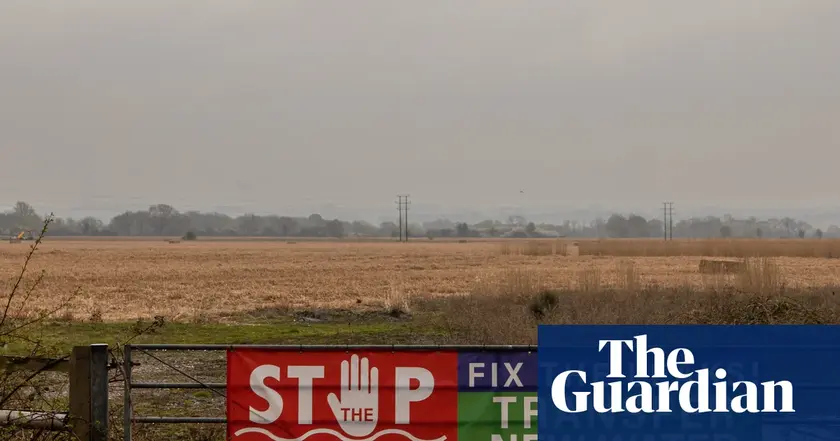
Thames Water revises Abingdon reservoir costs upward, risking higher bills for customers and intensified political scrutiny.
Abingdon reservoir price tag reaches 7.5 billion
Thames Water has raised its cost estimate for the Abingdon reservoir in Oxfordshire to between £5.5bn and £7.5bn, up from £2.2bn. The higher figure follows further tests of ground conditions and nearby waterways. Regulators have accepted that the project remains a priority, but the larger bill raises questions about how it will be funded and who bears the cost. If the project goes ahead, roughly half of the expense would be passed to Thames Water’s 16 million customers in London and the south-east, with the rest shared by Affinity Water and Southern Water customers.
The scheme has been promoted as essential for future water security in the south-east, capable of holding 150 billion litres of water. Yet regulators note Thames could not reduce losses or reroute watercourses to curb demand as part of a 50-year plan. The project was designated nationally significant and fast-tracked through planning, prompting protests and a high court challenge that was dismissed last month. Thames says lessons from other major projects are guiding the design and cost updates, and the Gate Three report is meant to clarify what is needed to deliver the reservoir.
Key Takeaways
"Today we published our Gate Three report for our proposed reservoir in Oxfordshire, in line with the regulatory process that we are following for its design and development."
Direct quote from Thames Water on Gate Three update
"The reservoir is a critical piece of infrastructure for meeting future water demand in the south-east and remains one of the preferred options in our water resource management plan which sets out our strategy to protect water supply for the next 50 years and beyond."
Thames Water on the project’s importance
"We predicted this would happen, but even I am astonished by the increase to £7.5bn"
Comment from Derek Stork, campaigner against reservoir
"Break down the planning system to get Britain building"
Policy stance attributed to Chancellor Rachel Reeves
The cost spike highlights a long-running tension in Britain’s infrastructure push: the need to secure long-term water supply against the short-term burden on households. Pushing big projects forward can unlock resilience, but it also shifts front-line risk to bill-payers and voters. The government’s drive to accelerate planning, echoed in its commitment to nine reservoirs, increases political exposure if prices spiral further. The involvement of private financiers and the possibility of a special administration regime add another layer of uncertainty about who ultimately controls and pays for critical assets.
If the project survives the current cost revision, it could set a precedent for how future capital schemes are financed and overseen. The debate will hinge on how regulators balance affordability with infrastructure needs, and whether lessons from this episode translate into tighter budgeting and clearer accountability for large-scale projects. The mood around Thames Water’s finances, including its debt and the failed KKR funding, will influence public confidence in the country’s ability to deliver promised upgrades.
Highlights
- Gate Three marks a critical milestone in our reservoir development
- The reservoir is a critical piece of infrastructure for meeting future water demand in the south-east
- We predicted this would happen, but even I am astonished by the increase to £7.5bn
- Break down the planning system to get Britain building
Budget and political risk around Abingdon reservoir
Rising costs for the Abingdon reservoir could push bills higher for millions of customers, intensify political scrutiny, and raise questions about the viability of the government’s reservoir program. The potential for a special administration regime adds to uncertainty over ownership and future funding.
The outcome will shape how Britain approaches large-scale infrastructure in a tighter budget climate.
Enjoyed this? Let your friends know!
Related News
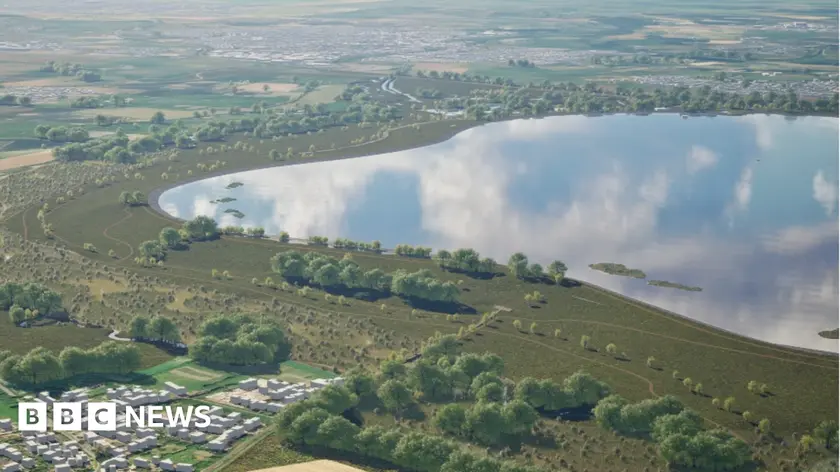
Abingdon Reservoir cost forecast rises to £6.5bn

New study reveals volcano prevention method
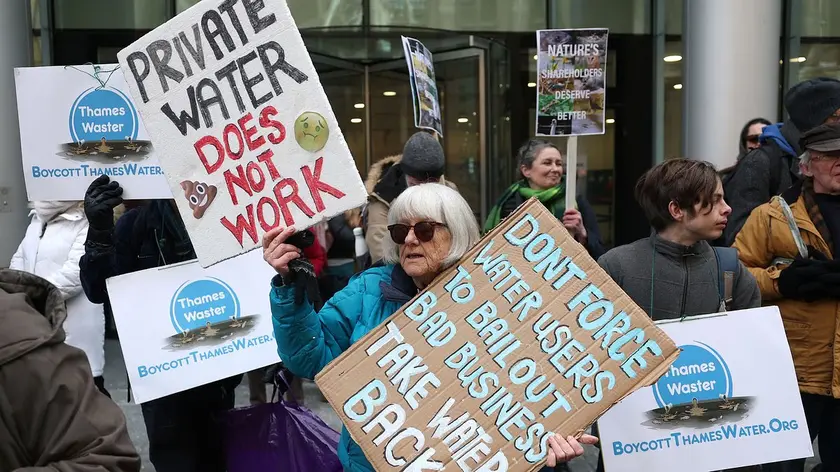
Middle class families face rising water bills
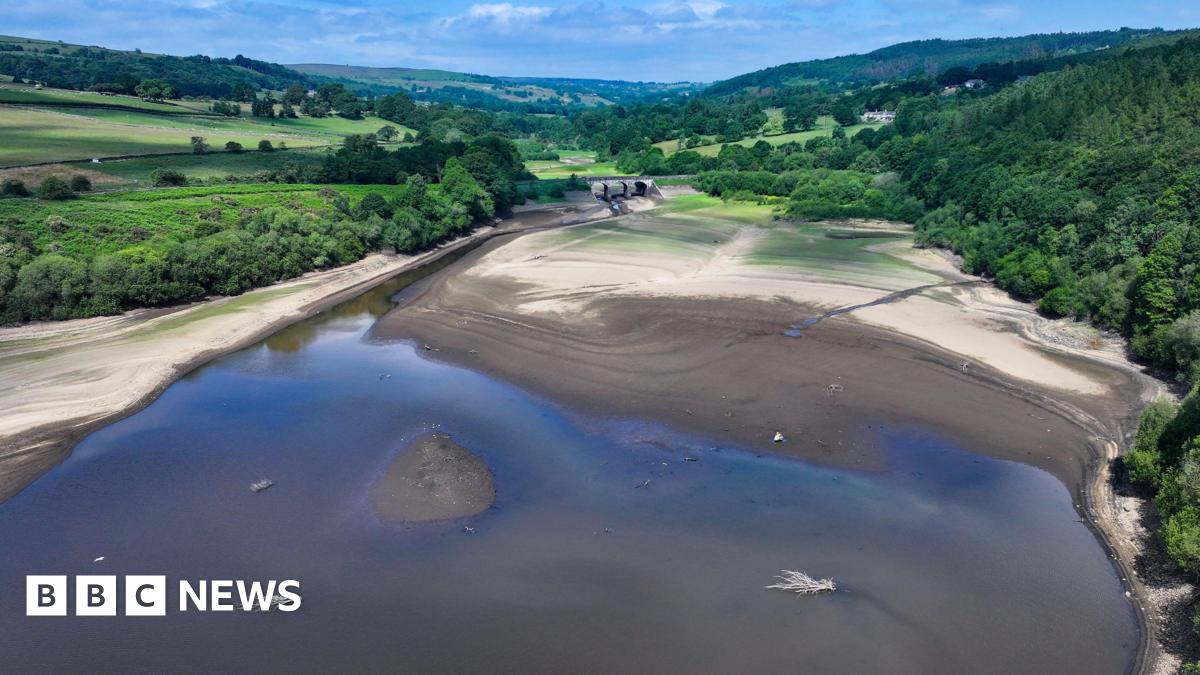
New reservoirs face significant construction barriers
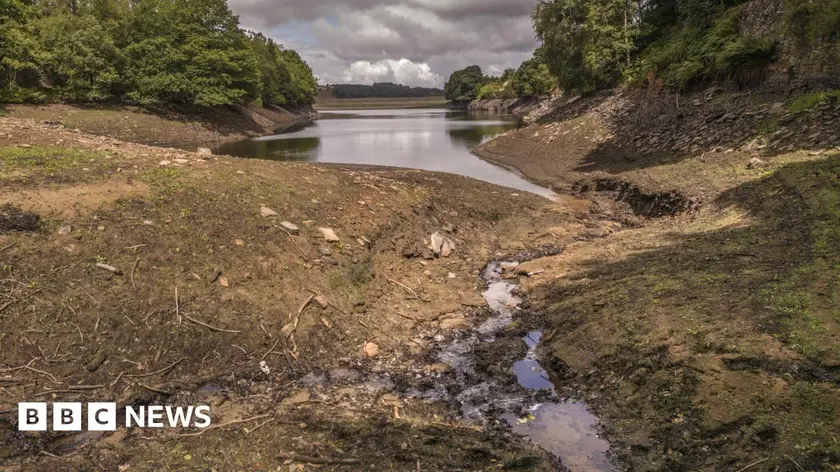
Yorkshire drought prompts river water permits
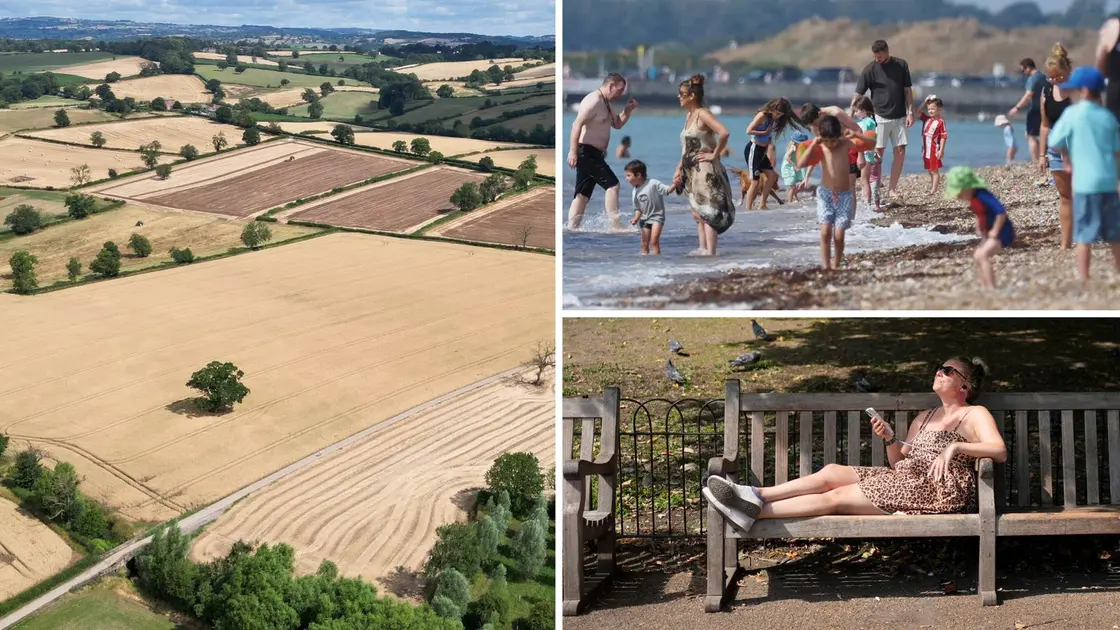
UK drought worsens water shortfall
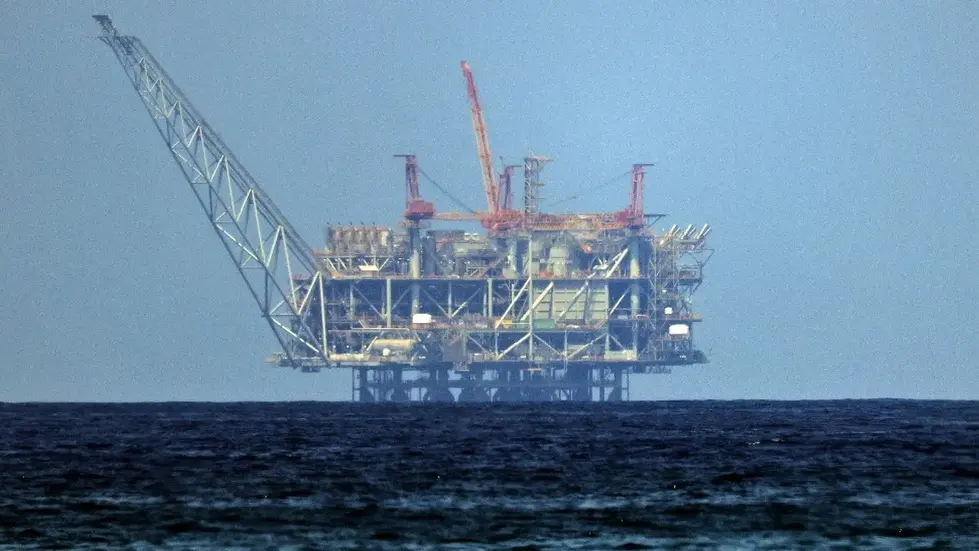
Egypt signs record gas deal with Israel

Car finance lenders share prices rise sharply after court ruling
